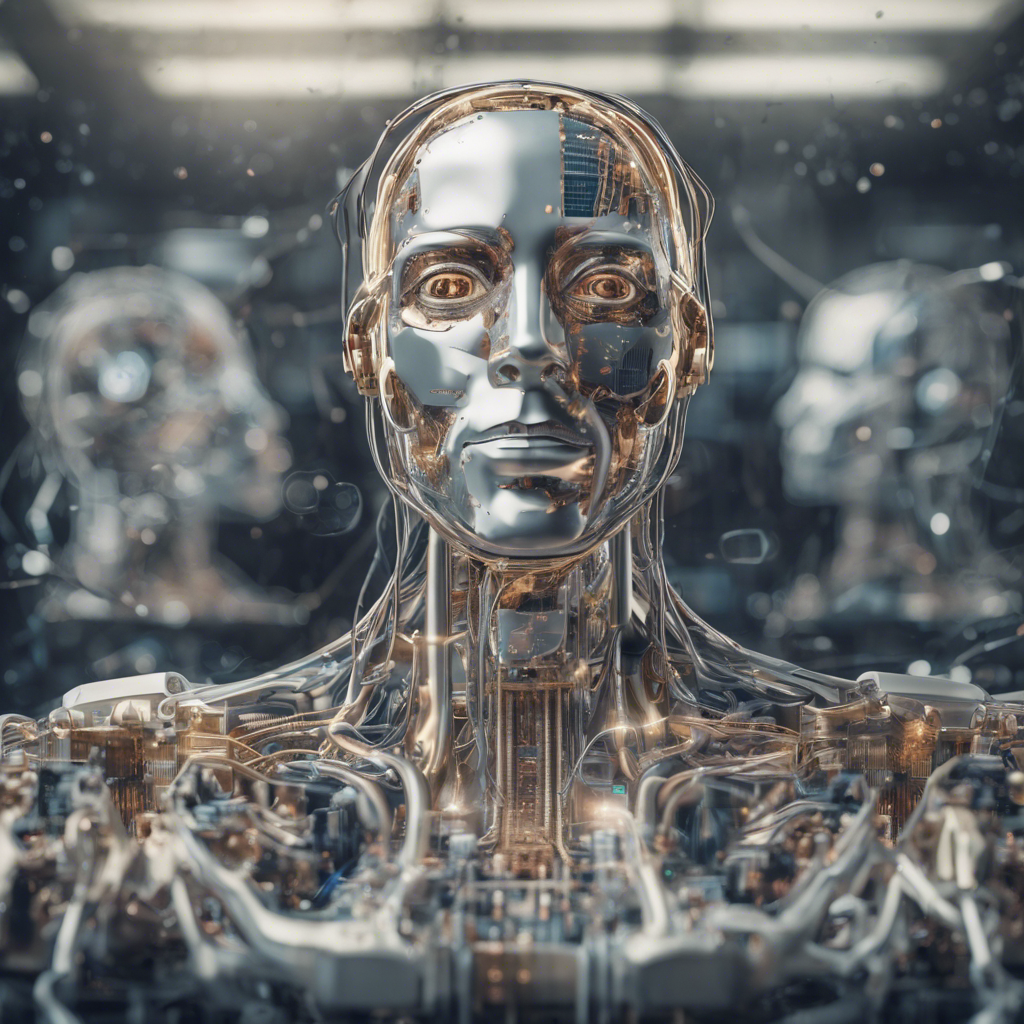The Slow Surge: Will Generative AI Transform the Global Economy?

Despite the hype, businesses remain cautious about investing in generative AI technologies
Generative artificial intelligence (AI) has been hailed as a revolutionary force that could transform the global economy. Experts predict that AI’s ability to replace human labor could lead to explosive economic growth and a productivity boom. However, despite these optimistic projections, there is a lack of significant investment in AI technologies. This article explores the current state of capital expenditure (capex) and investment in AI, shedding light on the cautious approach taken by businesses and the potential implications for the future.
The Capex Conundrum:
To fully harness the potential of generative AI, companies must invest heavily in new software, communications, factories, and equipment. Historically, investment booms have been necessary for the widespread adoption of technological breakthroughs. However, the current global capex spending is remarkably weak, with little sign of an AI splurge. While capex increased after the pandemic-induced slowdown, it later slowed due to geopolitical uncertainty and higher interest rates.
A Glimmer of Hope:
Despite the overall caution, some companies are ramping up capex to seize the opportunities presented by AI. Microsoft and Nvidia, for example, are expected to increase their spending significantly. Meta’s CEO, Mark Zuckerberg, has highlighted AI as their biggest investment area in 2024. However, excluding these AI-driven companies, the overall plans for capex are more modest, with businesses in the S&P 500 planning to lift capex by only around 2.5% in 2024.
The Bleak Reality:
The situation becomes even bleaker when considering the economy as a whole. A capex tracker produced by Goldman Sachs reveals that American businesses’ outlays are currently falling by 4% year on year. Investment in information-processing equipment and software has also seen a decline. Similar trends are observed globally, with investment spending growing slower than pre-pandemic years. This lack of capex investment is reflected in minimal productivity improvements.
Regional Variations:
While Japan shows signs of higher capex growth in the future, it is likely due to country-specific factors such as corporate governance reforms. In most places outside of the US, the outlook is less encouraging. Europe’s worsening economic outlook hampers investment intentions, with services companies in the European Union scaling back their plans. British businesses also exhibit cautious investment plans for the next year.
Conclusion:
The current lack of significant investment in generative AI raises questions about the technology’s potential impact on the global economy. While big tech firms continue to invest heavily in AI, the demand for their products and services remains uncertain. It is not uncommon for technologists to overestimate the demand for new innovations, as seen with cryptocurrencies and the metaverse. Only time will tell if generative AI can live up to its transformative potential or if it will become another overhyped technology that fails to deliver on its promises.

